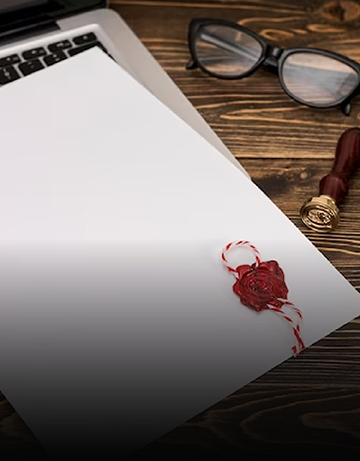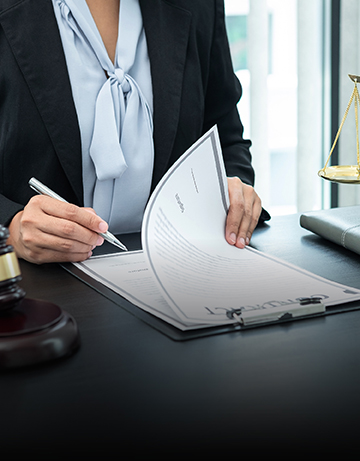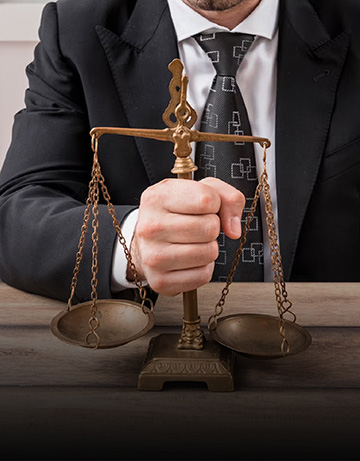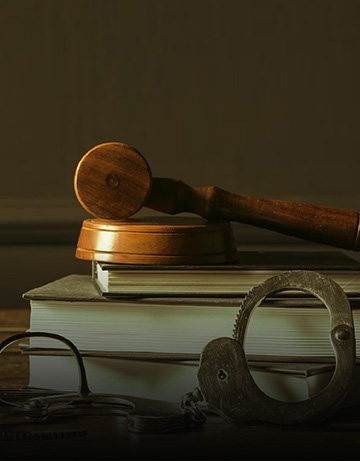I have committed a criminal offence. What should I do when the police records my statement?
Key Points:
- Remain calm and respectful to the police officer
- Ask for an interpreter if you need one
- You have a right against self-incrimination
- Provide an accurate account of events
- Mention any fact that can prove your innocence
- Ensure your statement is accurately recorded
- Remember the contents of your statement
If you are being interrogated by the police for a criminal offence, it is important that you remain calm and remain respectful to the police officer. If English is not your first language, you should request for a translator so you can answer the questions in the language you are most comfortable in.
You have a right not to say anything that could show you are guilty of any crime. This is also known as the right against self-incrimination. While the police officers will exhort you to tell the truth and cooperate with them, this right against self-incrimination may be the most important right protecting you.
It is important to provide an accurate account of events to the police officer. If possible, provide a detailed timeline of what happened leading up to the incident.
If there is any fact or circumstance that can either prove your innocence or support a legal defence, you must provide these during the statement recording. This is your first and best opportunity to do so. Failure to do so may cause the police, prosecution and subsequently the court, to disbelieve it and regard it as a mere afterthought.
This may include any witnesses or evidence that corroborates your version of events. If you are able to provide the particulars of these witnesses, that is ideal. The police will then be in a position to follow up quickly and directly with each witness. If the evidence belongs to you and is in your possession, you may provide the original to the police and retain a copy for your own reference.
The police officer typically employs a question-and-answer format when engaging with you to obtain information. He will subsequently record these answers from you in a logical, and usually chronological, fashion. Paraphrasing, editing, and even omitting, of some of your answers is thus inevitable.
After he has recorded your answers in the form of a statement, the police officer will present you with the statement. He will either give you some time for you to read through, or the translator will read it aloud to you in your chosen language if you are not familiar with English.
It is vital to take note of what is, or is not, recorded in this statement, how it is phrased, and whether each and every part of this statement accurately reflects what you have told or wish to tell the police officer. You have the right to edit the statement as many times as you wish. Do remember that after the statement recording, what is presented to the prosecution and the court is the statement itself, and not your conversation with the police officer.
You will not be given a copy of your statement after the statement recording. It is crucial that you write down everything you can remember whilst your memory is most fresh. The contents of your statement will allow your lawyer to best analyze your case and figure out your optimal course of action.



